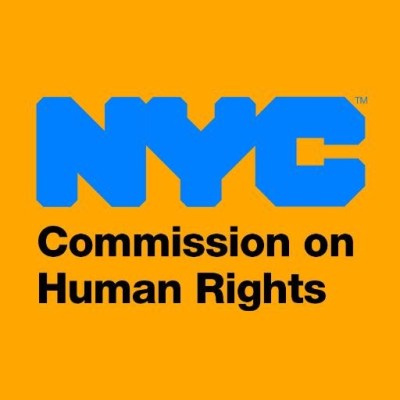New York City quietly issued new regulations on employers and landlords shortly before the Christmas holiday in an effort to accommodate transgender residents, and the new rules come with stiff fines for violators — willful or otherwise.
 The New York City Commission on Human Rights implemented Local Law No. 3 (2002); N.Y.C. Admin. Code § 8-102(23) and issued the Gender ID Interpretive Guide, claiming the new rules reflect “that transgender people face frequent and severe discrimination such that protection from discrimination is ‘very often a matter of life and death.’”
The New York City Commission on Human Rights implemented Local Law No. 3 (2002); N.Y.C. Admin. Code § 8-102(23) and issued the Gender ID Interpretive Guide, claiming the new rules reflect “that transgender people face frequent and severe discrimination such that protection from discrimination is ‘very often a matter of life and death.’”
“Refusal to use a transgender employee’s preferred name, pronoun, or title (e.g., Ms./Mrs.) may constitute unlawful gender-based harassment,” the new guide reads.
“Gender is defined as one’s ‘actual or perceived sex and shall also include a person’s gender identity, self-image, appearance, behavior or expression,’“ the new ban reads, “‘whether or not that gender identity, self-image, appearance, behavior or expression is different from that traditionally associated with the legal sex assigned to that person at birth.’”
The guide notes, “Some transgender and gender non-conforming people prefer to use pronouns other than he/him/his or she/her/hers, such as they/them/theirs or ze/hir.”
An example of a violation of the new gender pronoun regulation includes, “Intentional or repeated refusal to use an individual’s preferred name, pronoun or title. For example, repeatedly calling a transgender woman ‘him’ or ‘Mr.’ after she has made clear which pronouns and title she uses,” as well as, “Refusal to use an individual’s preferred name, pronoun, or title because they do not conform to gender stereotypes. For example, calling a woman ‘Mr.’ because her appearance is aligned with traditional gender-based stereotypes of masculinity.”
The new rules forbid businesses and shelters from restricting access based on gender.
“The NYCHRL requires that individuals be permitted to use single-sex facilities, such as bathrooms or locker rooms, and participate in single-sex programs, consistent with their gender, regardless of their sex assigned at birth, anatomy, medical history, appearance, or the sex indicated on their identification,” the new guide reads.
According to the new rules, the discomfort of some is not reason enough to bar transgender individuals from facilities.
“Some people, including, for example, customers, other program participants, tenants, or employees, may object to sharing a facility or participating in a program with a transgender or gender non-conforming person. Such objections are not a lawful reason to deny access to that transgender or gender non-conforming individual,” the Commission guide reads.
The offers several examples of violations, including:
a. Prohibiting an individual from using a particular program or facility because they do not conform to sex stereotypes. For example, a women’s shelter may not turn away a woman because she looks too masculine nor may a men’s shelter deny service to a man because he does not look masculine enough.
b. Prohibiting a transgender or gender non-conforming person from using the single-sex program or facility consistent with their gender identity or expression. For example, it is an unlawful discriminatory practice to prohibit a transgender woman from using the women’s bathroom.
c. Requiring a transgender or gender non-conforming individual to provide proof of their gender in order to access the appropriate single-sex program or facility.
d. Requiring an individual to provide identification with a particular sex or gender marker in order to access the single-sex program or facility corresponding to their gender.
e. Barring someone from a program or facility out of concern that a transgender or gender non-conforming person will make others uncomfortable.
f. Forcing a transgender or gender non-conforming person to use the single-occupancy restroom.
Violations of the myriad regulations come with hefty fines.
“The Commission can impose civil penalties up to $125,000 for violations, and up to $250,000 for violations that are the result of willful, wanton, or malicious conduct,” according to the new law.
Leave a Comment
COMMENTS POLICY: We have no tolerance for messages of violence, racism, vulgarity, obscenity or other such discourteous behavior. Thank you for contributing to a respectful and useful online dialogue.